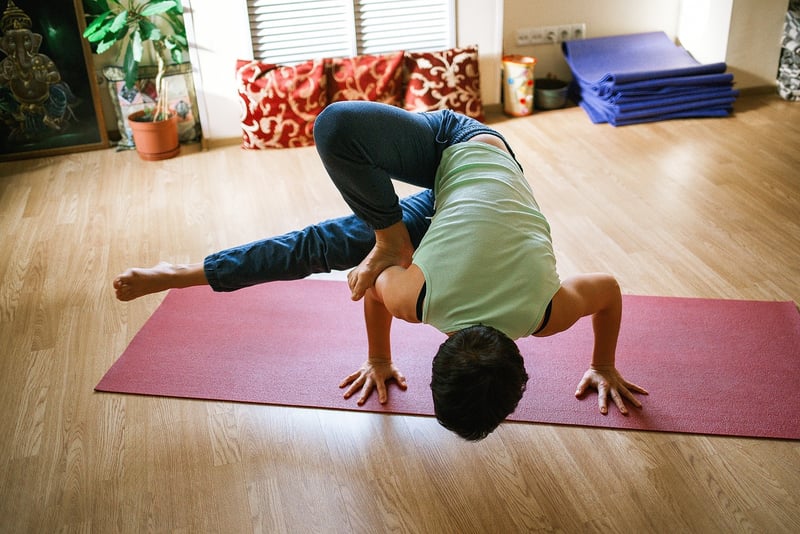Restorative
The Power of Physical and Mental Restorative Practices
In today's fast-paced world, it's easy to get caught up in the hustle and bustle of daily life, often neglecting our physical and mental well-being. However, incorporating restorative practices into your routine can have numerous benefits for both your body and mind. Let's explore the power of physical and mental restoration.
Physical Restorative Practices
Physical restorative practices focus on rejuvenating and healing the body. These practices can help reduce stress, improve flexibility, and enhance overall well-being. Some examples of physical restorative practices include:
- Yoga: A gentle form of exercise that combines physical postures, breathing techniques, and meditation to promote relaxation and reduce tension.
- Massage therapy: Manipulation of muscles and soft tissues to alleviate pain, reduce muscle tension, and promote relaxation.
- Restorative exercise: Low-impact activities such as walking, swimming, or gentle stretching to improve circulation and mobility.
Benefits of Physical Restorative Practices
Engaging in physical restorative practices regularly can have a range of benefits, including:
- Reduced stress and anxiety
- Improved sleep quality
- Enhanced flexibility and mobility
- Increased energy levels
- Boosted immune system
Mental Restorative Practices
Mental restorative practices focus on calming the mind, reducing mental fatigue, and promoting emotional well-being. These practices can help improve concentration, enhance clarity of thought, and reduce feelings of overwhelm. Some examples of mental restorative practices include:
- Mindfulness meditation: A practice that involves focusing on the present moment without judgment, which can help reduce stress and improve mental clarity.
- Journaling: Writing down thoughts and feelings can help process emotions, gain insights, and promote self-reflection.
- Deep breathing exercises: Techniques such as diaphragmatic breathing can help calm the nervous system and reduce anxiety.
Benefits of Mental Restorative Practices
Incorporating mental restorative practices into your routine can have a positive impact on your mental well-being, including:
- Reduced anxiety and depression
- Enhanced emotional resilience
- Improved focus and concentration
- Greater self-awareness and self-compassion
- Increased creativity and problem-solving abilities
By combining physical and mental restorative practices in your daily life, you can create a holistic approach to well-being that nurtures both your body and mind. Remember, taking time to rest and restore is not a luxury but a necessity for maintaining overall health and vitality.
Embrace the power of physical and mental restoration today!


